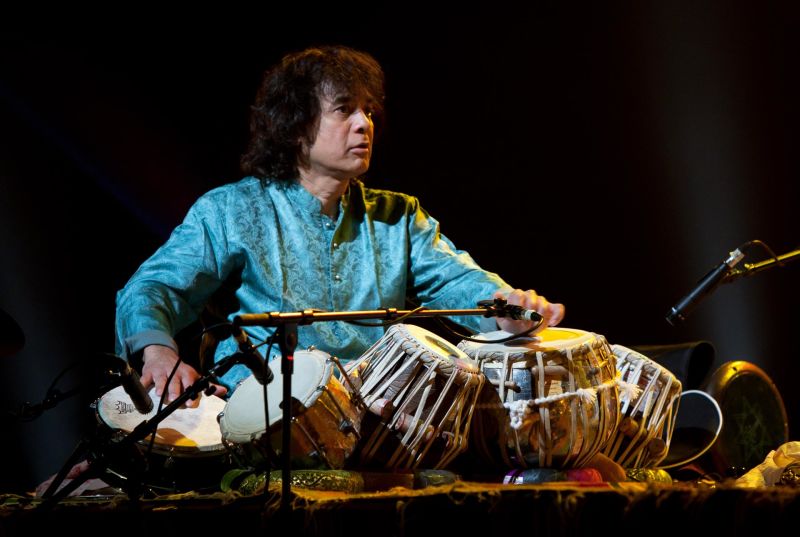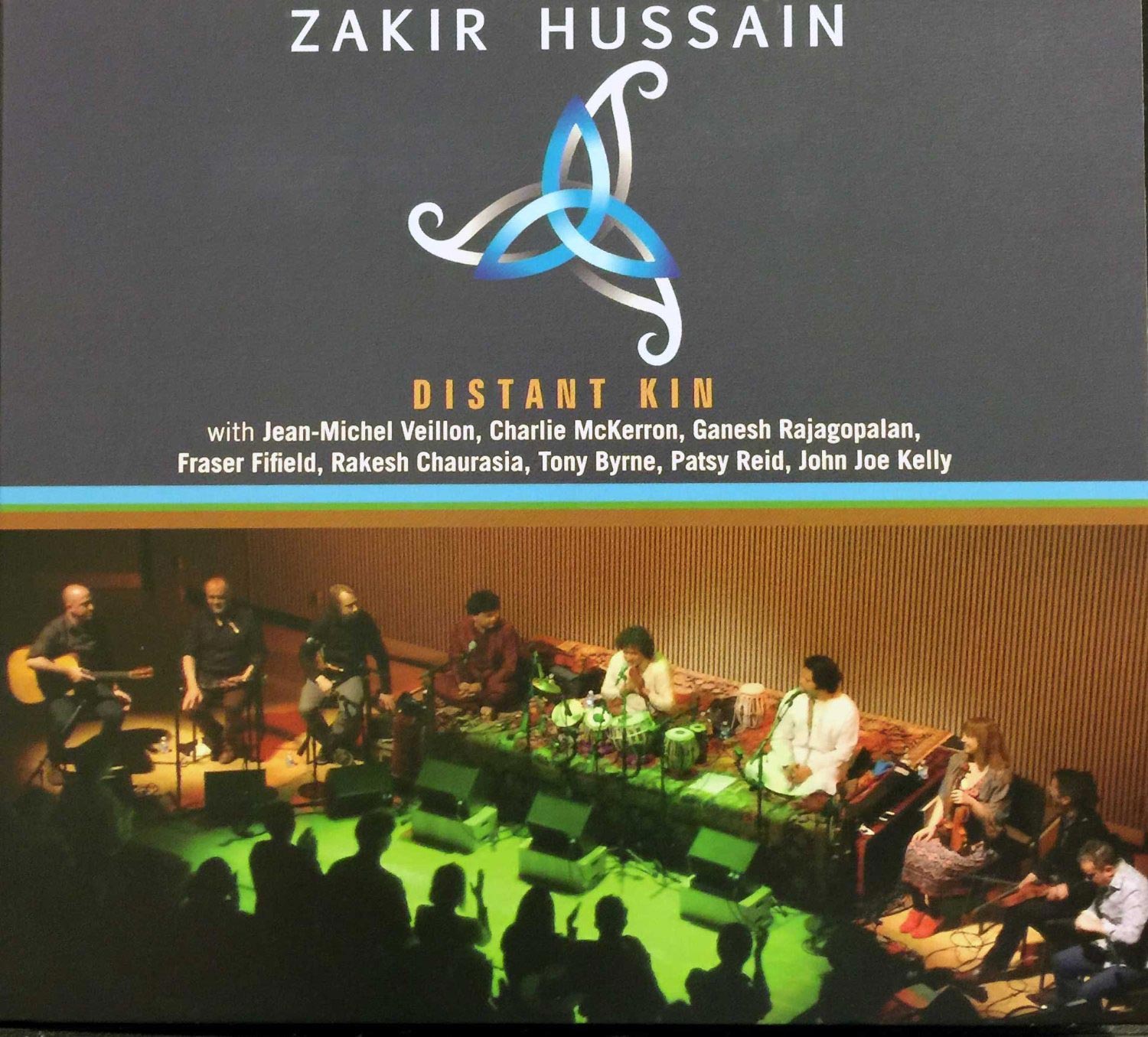Zakir Hussain belongs to one of Northern India’s most distinguished musical dynasties, and ever since he landed in the Bay Area in the early 1970s he’s sought out opportunities to collaborate with musicians far afield from the Hindustani classical tradition in which he was raised.
At first glance the swirling jigs and reels and sumptuous ballads of traditional Celtic music might seem like a particularly long stretch for Hussain. But the United Kingdom and India are tied together by a great deal of history, a colonial legacy on which the sun has yet to set. Consider: Hussain’s father, tabla legend Alla Rakha, spent the first three decades of his life as a British subject, and Great Britain’s centuries-long rule of the subcontinent led to countless informal East-meets-West musical encounters.
That history is one of several paths that led Hussain, the world’s foremost tabla virtuoso, to his latest cross-cultural exploration, "Distant Kin" (Moment Records). It’s a nine-piece project that brings together a new generation of classically trained Indian masters with a prodigious cast of players from across the Celtic world.
“This does go back a couple of hundred years,” Hussain told me in an interview earlier this year. “Indian musicians were drafted into the British army’s marching bands, and pipers and big bass drums were a lot like the shehnai and Punjabi dhol. I grew up hearing processions and wedding bands with the pipes and a bodhrán-like frame drum played in a procession. Those sounds stuck with me.”

